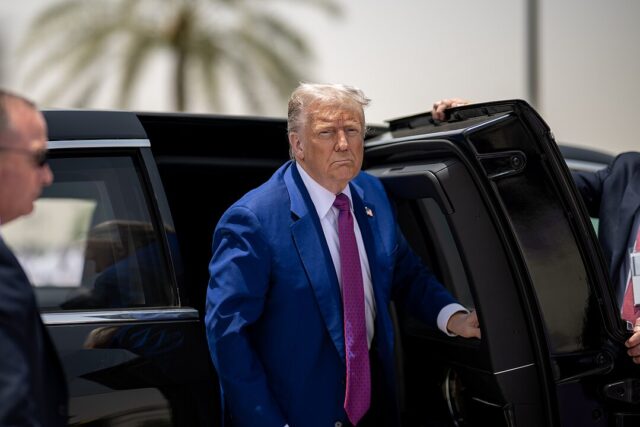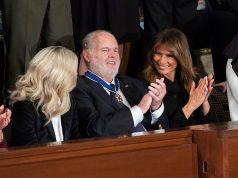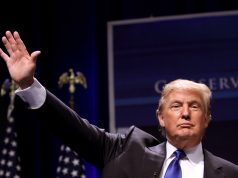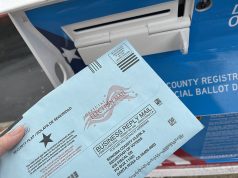
President Donald Trump announced Tuesday that his administration is officially designating Saudi Arabia as a major non-NATO ally, a move that deepens both the economic and military partnership between Washington and Riyadh.
The announcement came during Saudi Crown Prince Mohammed bin Salman’s high-profile visit to the White House. While the event stopped short of being an official state visit—Saudi Arabia’s king is still the formal head of state—the crown prince was welcomed with many of the hallmarks typically reserved for top U.S. partners.
“We’re taking our military cooperation to even greater heights by formally designating Saudi Arabia as a major non-NATO ally, which is something that is very important to them,” Trump said. He also revealed that the two nations had just signed “a historic strategic defense agreement.”
The designation signals a renewed commitment to a long-standing strategic relationship—one Trump has made clear he intends to strengthen after what many Republicans saw as the Biden administration’s misguided distancing from Riyadh. The previous administration had strained ties over controversies such as the death of journalist Jamal Khashoggi, even as Saudi Arabia remained a critical partner in regional security and global energy markets.
Trump also affirmed that he plans to approve Saudi Arabia’s request to purchase F-35 stealth fighter jets, one of America’s most advanced military assets. “I am planning on doing that,” the president said. “They want to buy them. They’ve been a great ally.”
For his part, Crown Prince Mohammed bin Salman emphasized Saudi Arabia’s growing economic commitment to the United States, announcing the kingdom intends to increase its investment from $600 billion to “almost $1 trillion”—a staggering figure nearly equivalent to the size of its sovereign wealth fund, according to The New York Times.
The Trump administration has prioritized rebuilding and expanding America’s alliances in the Middle East, particularly in advancing the Abraham Accords, a major diplomatic achievement of Trump’s previous term. Saudi Arabia has expressed interest in joining the framework and normalizing relations with Israel, though the kingdom has stated that progress toward a viable two-state solution remains a core requirement.
Saudi Arabia played a significant role among Arab nations backing Trump’s brokered ceasefire agreement between Israel and Hamas—a deal that, if successfully upheld, could bring an end to the conflict in Gaza and set the stage for the development of a future Palestinian state.
Still, some foreign-policy analysts have raised concerns about sharing high-level U.S. technology, such as the F-35, with Saudi Arabia—especially given Riyadh’s continued defense relationship with China. According to Politico, experts warn that sensitive technology could be at risk of being accessed by Beijing. Nevertheless, supporters of the move argue that strengthening ties with a key Middle Eastern partner is essential to countering adversaries and stabilizing the region.




